Photo by: Pixabay user Free-Photos
Producing and burning fossil fuels creates air pollution that harms our health and generates toxic emissions that drive climate change.
From the electricity that lights our homes to the cars we drive to work, modern life was built on fossil fuels like coal, oil and natural gas. But burning them creates climate change and releases pollutants that lead to early death, heart attacks, respiratory disorders, stroke, asthma, and absenteeism at school and work. It has also been linked to autism spectrum disorder and Alzheimer’s disease.
Research from Harvard University, in collaboration with the University of Birmingham, the University of Leicester and University College London, found that more than 8 million people died in 2018 from fossil fuel pollution, significantly higher than previous research suggested—meaning that air pollution from burning fossil fuels like coal and diesel was responsible for about 1 in 5 deaths worldwide.
Each year, our team contributes to the Lancet Countdown on Health and Climate Change to track the impacts of climate change on human health across 44 indicators around the world. Our research analyzes the health impacts of burning fossil fuels and shows how much we have to gain by ending our reliance on them. Recent research from our Center:
- Identified at least 21 different hazardous air pollutants, as defined by the U.S. EPA, including benzene, toluene, ethylbenzene, xylene, and hexane, in consumer-grade natural gas supplied to Massachusetts.
- Created a new inventory of air pollution impacts from stationary sources over the past decade that shows the negative impacts of burning natural gas and biomass have surpassed coal generation in many states, which is a trend that may continue.
- Conducted the first study to determine that Pennsylvania’s statewide setback regulations for fracking do not prevent setback incidents, and identified the potential risks and exposures for people living near fracking or underground natural gas wells.
- Showed that more people live closer to underground gas storage wells than previously thought. An estimated 20,000 homes and 53,000 people in predominantly suburban areas of PA, OH, WV, MI, NY, and CA live within a city block of active underground natural gas storage wells.
- Developed the science-based case for why it is “appropriate and necessary” for EPA to regulate mercury emissions from the power sector; and why the health benefits of regulation and remaining risks from mercury pollution in the U.S. should be assessed.
Study: Regional transportation pact could save more than 1,000 lives
A regional initiative among 12 Northeast and Mid-Atlantic states aimed at reducing carbon emissions from transportation could help avoid about 1,100 deaths and nearly 5,000 asthma cases each year, and could save more than $11 billion in health costs, according to a new analysis.
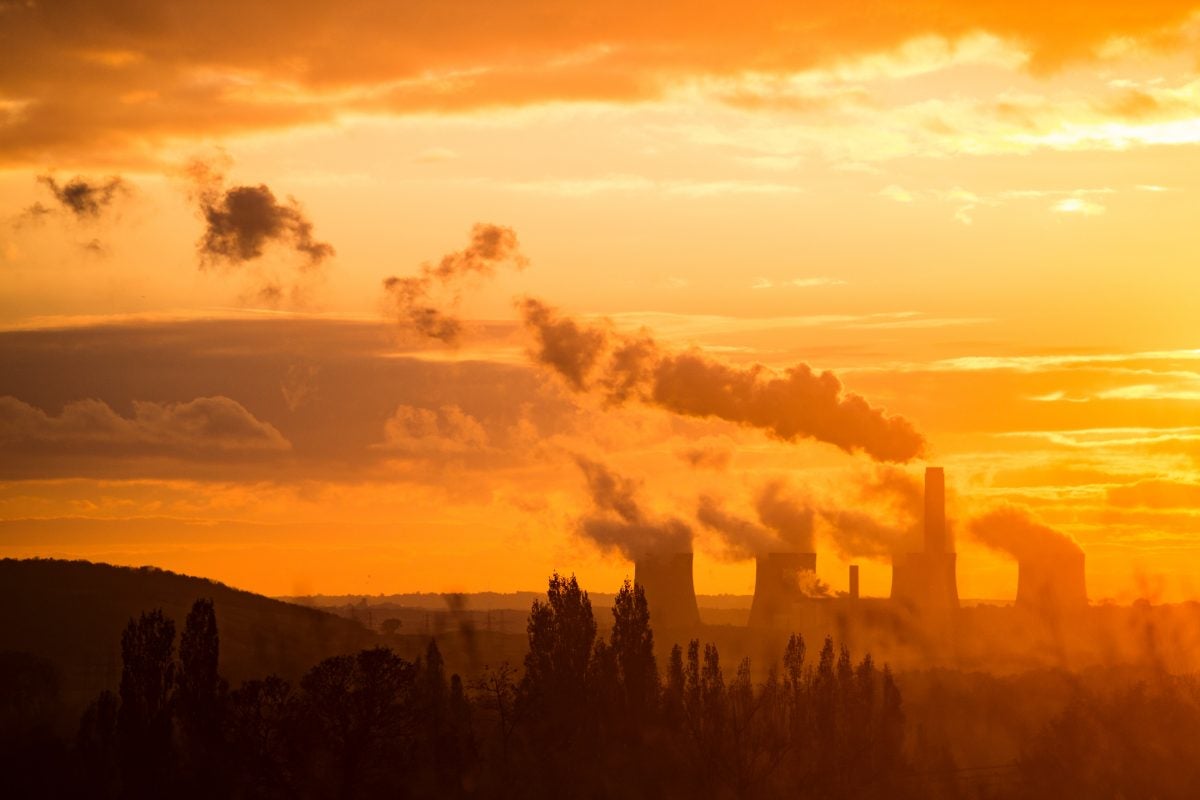
Carbon Standards Re-Examined
Our researchers collaborated with other institutions on a working paper on what EPA’s finalized ACE Rule means for public health. The analysis calls into question the assumptions and predictions used in EPA’s cost-benefit analysis.
Weakened mercury controls could lead to health harms
The Trump administration has weakened regulations regarding the release of mercury and other toxic metals from coal- and oil-fired power plants. Environmental and public health experts say the move is an attack on air quality and could harm health—particularly that of children. “What is most disconcerting to me is this administration’s lack of interest in…

Public Health Benefits Associated with Mercury Emissions Reductions from U.S. Power Plants
Our new white paper makes a science-based case for why it is appropriate and necessary to regulate mercury emissions from the power sector.

2019 Lancet Countdown on Health and Climate Change: Policy Brief for the U.S.
Every child born today will be affected by climate change. How we respond will shape the health of children across the globe.

Where to install renewable energy to get the greatest climate and health benefits in the U.S.
A guide for state and national policymakers designing climate plans and for utility and investor decisions.

Many More People Live Closer To Underground Gas Storage Wells Than Previously Thought
An estimated 20,000 homes and 53,000 people in predominantly suburban areas of PA, OH, WV, MI, NY, and CA live within a city block of active underground natural gas storage wells.

House Dust in Mining-Impacted Communities May Impact Children's Health
Young children are a particular concern because early exposures to metals commonly found at mining sites are associated with neurodevelopmental deficits.
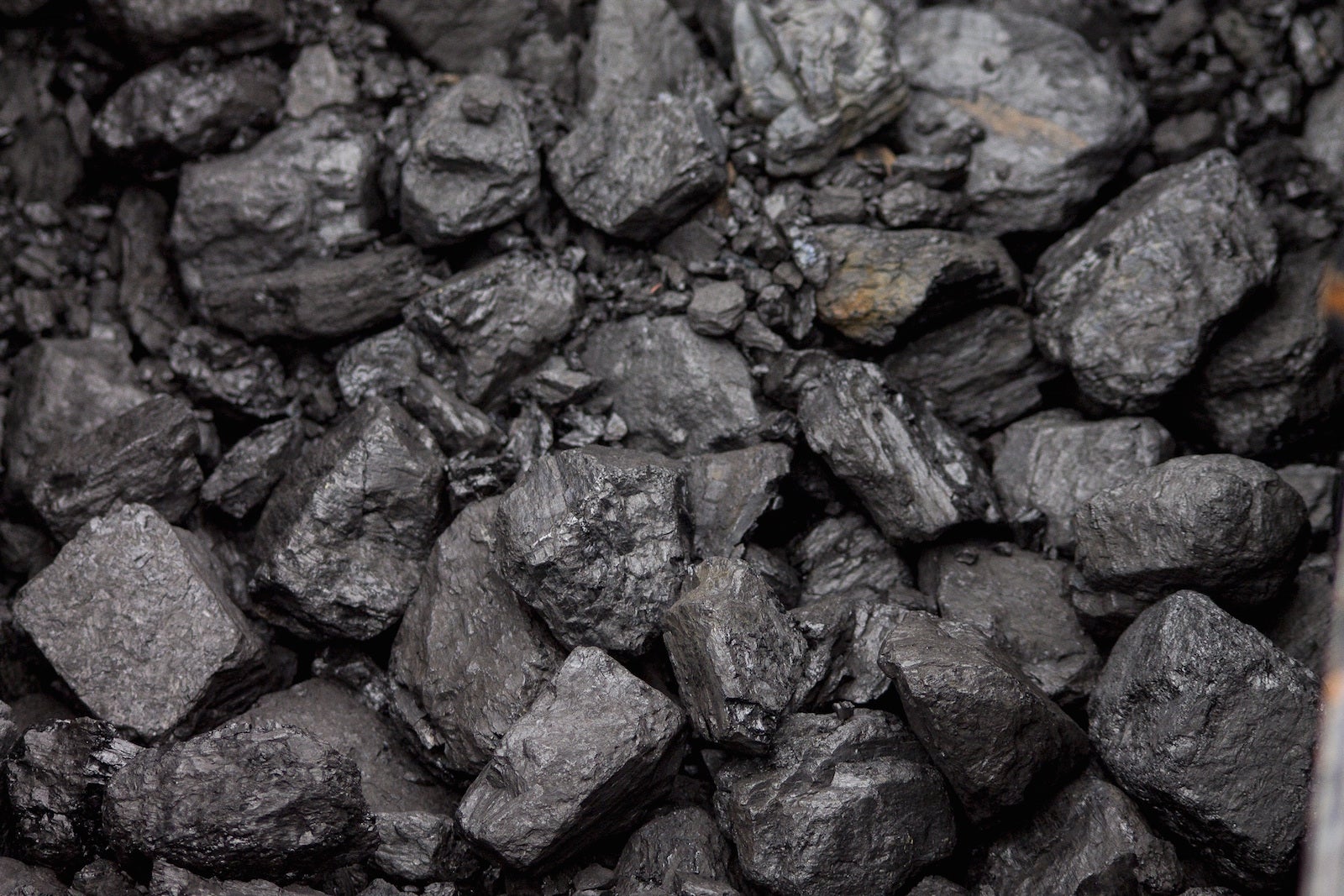
Full Cost Accounting for the Life Cycle of Coal
Life cycle impacts of coal cost the US public a third to over one half a trillion dollars annually.
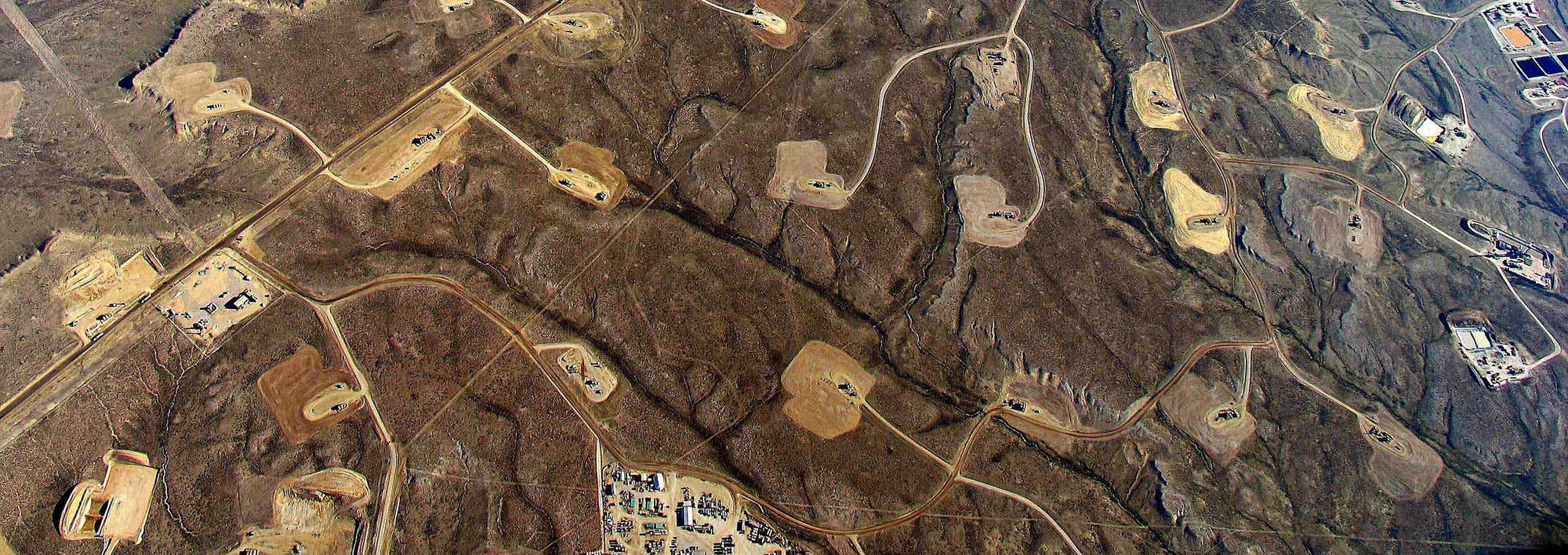
How Dangerous are Underground Natural Gas Storage Wells?
Study explores the risks of aging infrastructure throughout the United States.
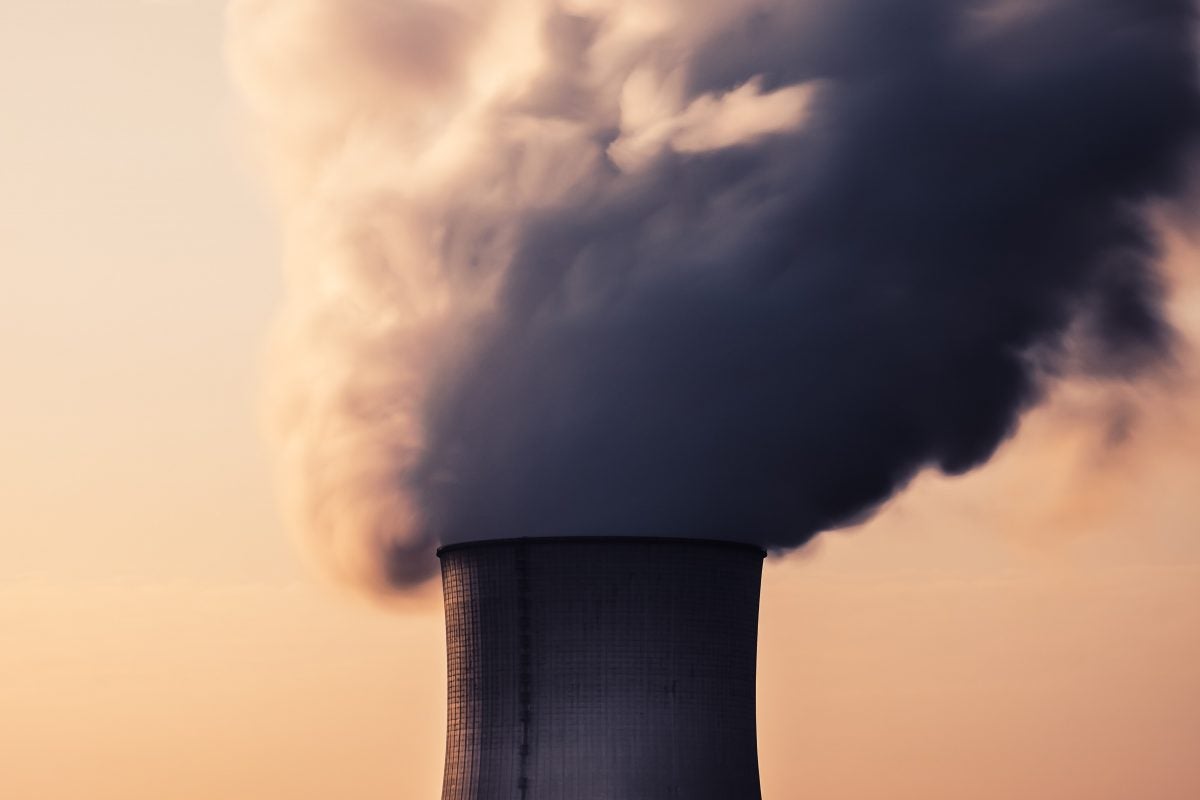
Trump's Roll Back of Science with Gina McCarthy
Our Director, Gina McCarthy, speaks on the rollback of the Clean Power Plan and this Administration's attack on science on the Outrage and Optimism Podcast.

Trump Administration Weakens Climate Plan to Help Coal Plants Stay Open
Gina McCarthy speaks to NPR regarding the Trump Administration EPA's new Affordable Clean Energy rule which supports coal power plants.

Harvard study uses new method to show how close residents live to Aliso Canyon-type wells
Study finds 20,000 homes and 53,000 people in predominantly suburban areas of PA, OH, WV, MI, NY, and CA live within a city block of active underground natural gas storage wells.

We helped write the Clean Power Plan, and Trump's do-nothing replacement is an outrage
The Trump administration is dismantling the EPA's core science, regulation, and enforcement functions, write our Director Gina McCarthy and co-authors in a powerful Newsweek op-ed.
New EPA rule weakens Obama-era plan to cut coal plant emissions
A new rule from the Trump administration undercuts Obama-era efforts to limit emissions from coal-fired power plants that contribute to climate change. The Obama administration’s “Clean Power Plan,” which never went into effect because of a court challenge, would have required states to meet specific targets for cutting greenhouse gas emissions from power plants, with…
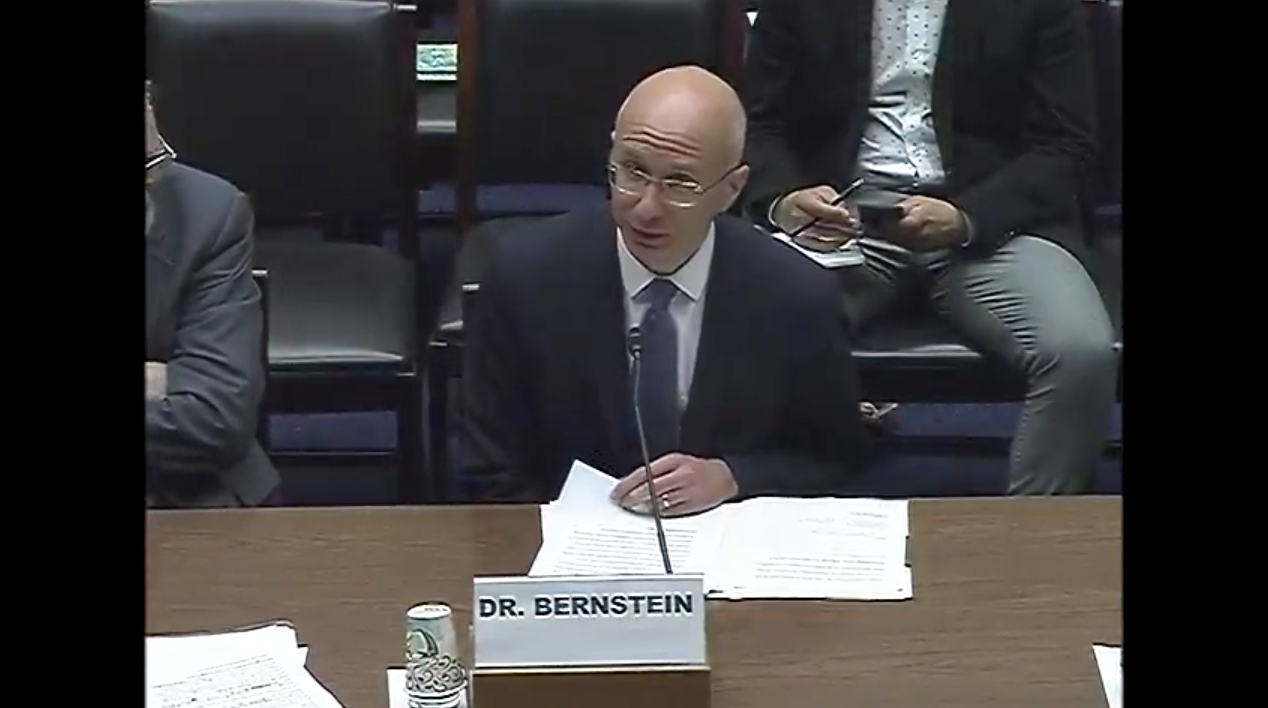
House Panel Talks Health Effects of Climate Change
Our Co-director Dr. Aaron Bernstein testified to Congress about the impact of climate change on children's health.

Climate change is making ground-level ozone pollution worse
This is bad news for those of us who need to breathe. Co-Director Aaron Bernstein weighs in.
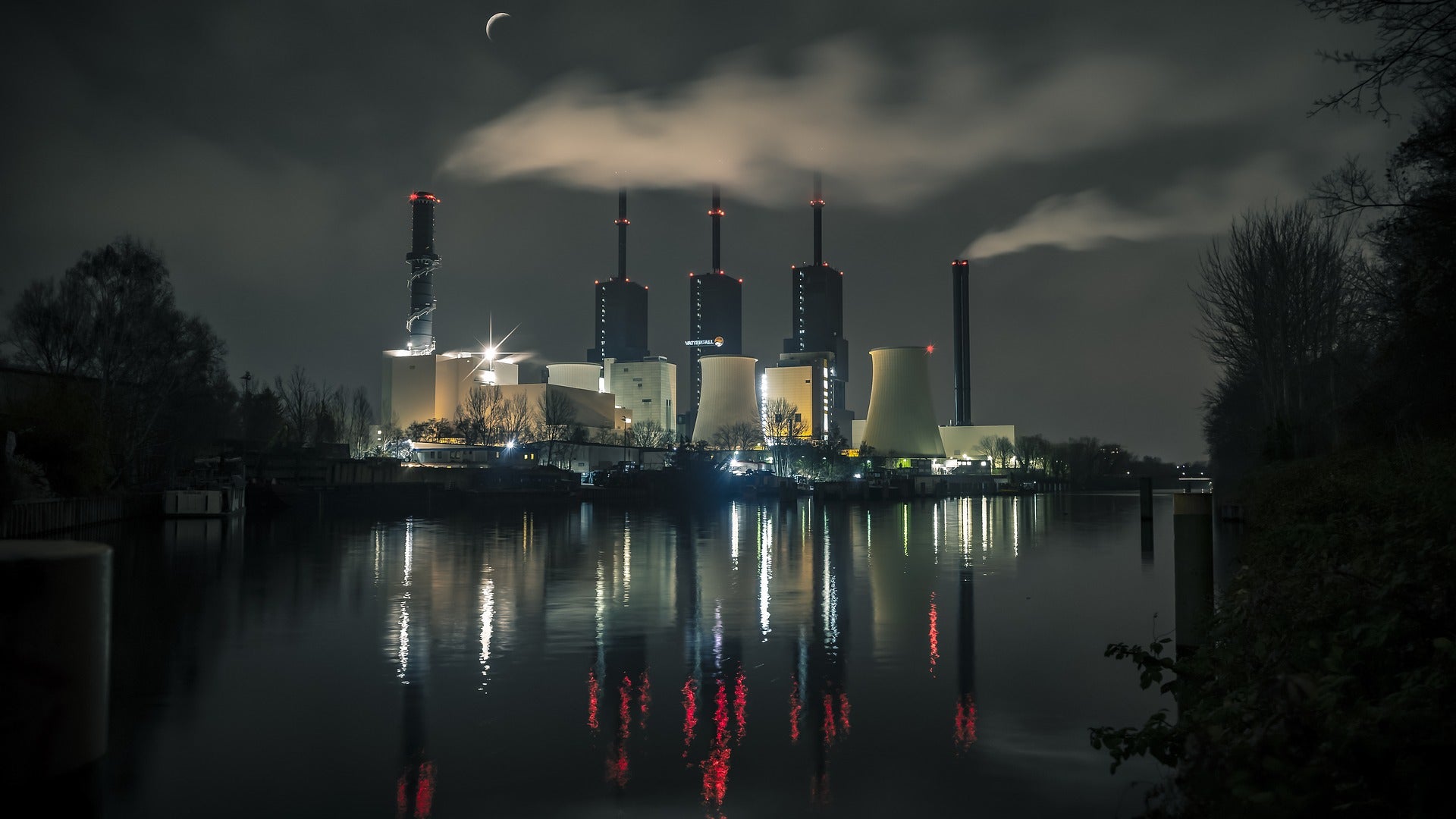
Public Comments Opposing EPA’s Proposal to Undermine Mercury Standards for Coal-fired Power Plants
Our Energy & Health team joined Harvard Law School to submit comments on EPA's proposed rollback of the Mercury and Air Toxics Standards.
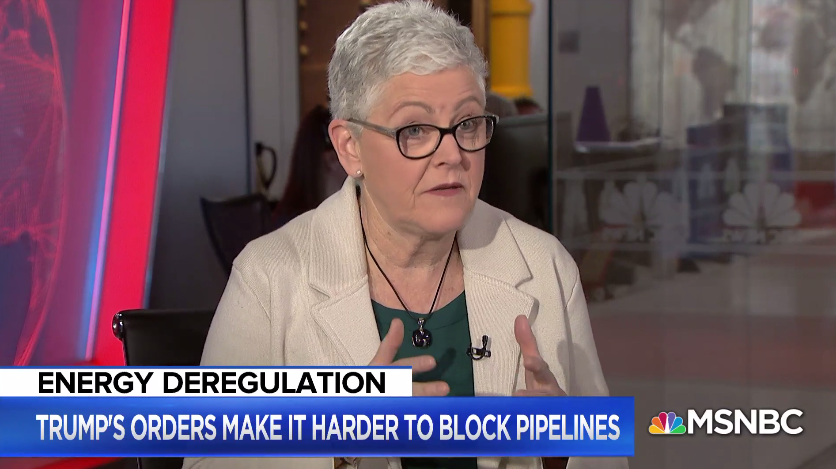
How oil and gas projects could be detrimental to the environment
What do more gas and oil energy projects mean for us? Our Director Gina McCarthy breaks down the health, environmental, and political implications of energy deregulation.
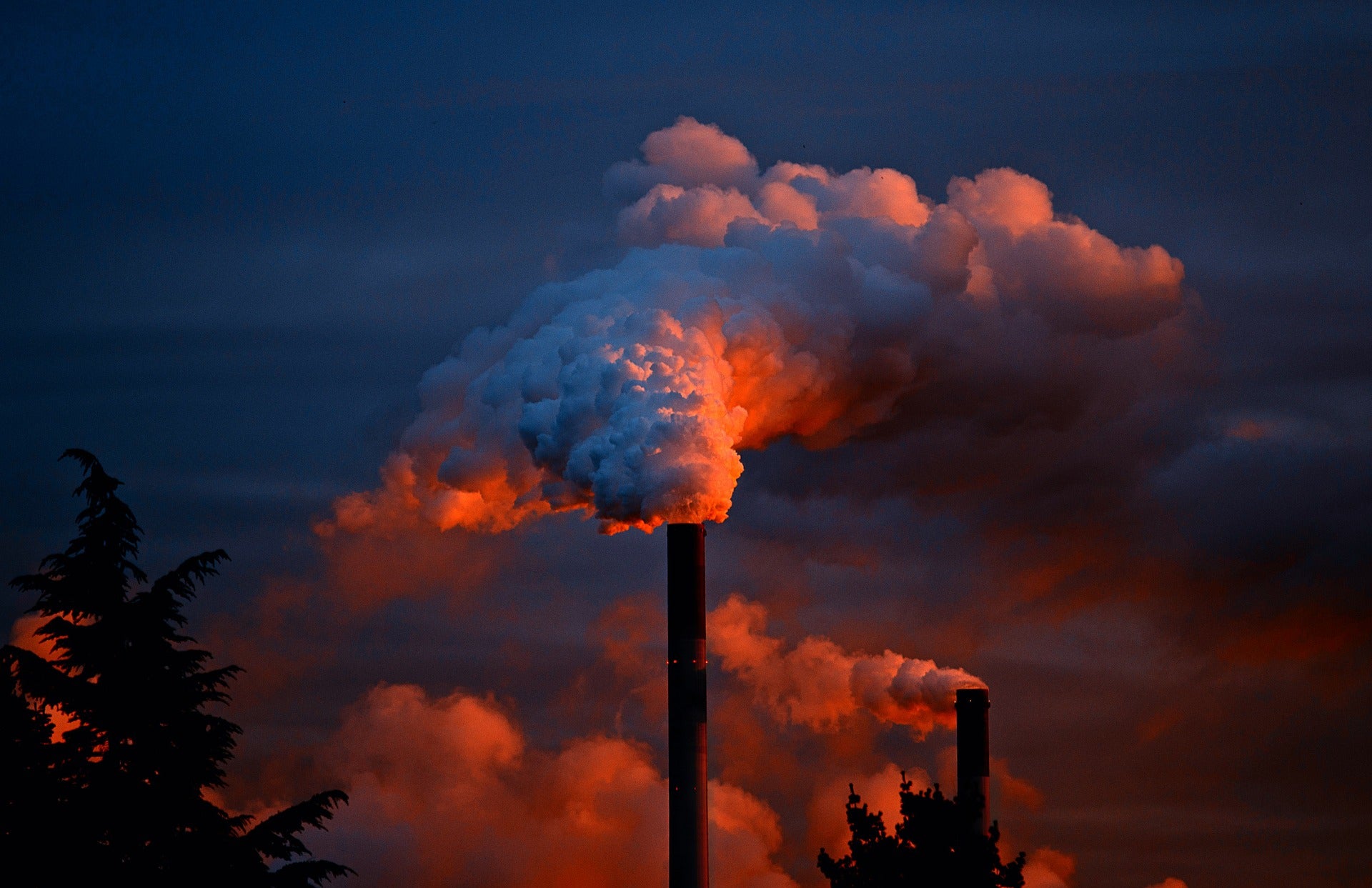
Impacts of Rolling Back Mercury and Carbon Standards
Explores results of recent studies highlighting the potential impact of two EPA proposals—rolling back the Mercury and Air Toxics Standards (MATS) and replacing the Clean Power Plan with the Affordable Clean Energy rule (ACE).
